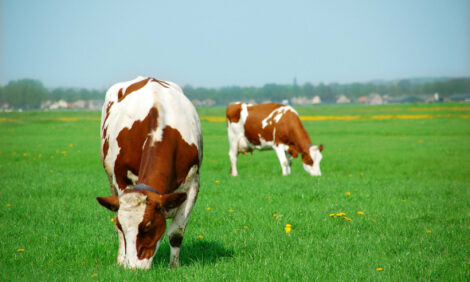



Biosecurity Important to New Zealand
NEW ZEALAND - Animals, diseases, and pests have no respect for national boundaries, Biosecurity Minister Jim Anderton said today.Jim Anderton told delegates attending the 25th World Animal Health Organisation (OIE) regional commission for Asia, the Far East, and Oceania meeting in Queenstown that nations had to co-operate in a strong working partnership if we were going to be effective in controlling and eradicating animal diseases.
“The nature of the issues requires us to collaborate.
“Of all the OIE Regional Commissions, the Regional Commission for Asia, the Far East and Oceania contains by far the greatest animal and human populations.”
Jim Anderton told OIE delegates that more than any other developed country in the world, New Zealand was dependent on our agricultural and fisheries products.
“Over the next five years, the government of New Zealand will spend $840 million on biosecurity - that is, on keeping our habitat free from exotic pests and diseases.
“I want to emphasise the strong and positive role that Biosecurity NZ and the OIE play in making it possible for us to continue to thrive as a modern, globally-connected trading economy and also protect our biosecurity.
“I hope that you will see from this the value that we place on science based international standards to effectively manage biosecurity risk in the way that interferes least with trade. And therefore you will understand the crucial importance to New Zealand of the OIE’s work.
“We joined the OIE in 1925, when the organisation was just a year old.
“Our decision to be part of this organisation then reflected that agriculture was crucially important to us and our recognition that our interests are linked to the success of the OIE.”
He said that, with the establishment of the Sanitary and Phytosanitary Agreement in 1995, the OIE’s role was formalised in setting international standards for trade in animals and animal products.
“And New Zealand is a proud participant. We stand shoulder to shoulder with other trading nations in our commitment to OIE objectives of transparency, scientific information, international solidarity, sanitary safety, the promotion of veterinary services, food safety and animal welfare.”
TheCattleSite News Desk


